Among the top Google News search results today under “climate change” is a Vermont Public Radio article claiming climate change is drying out New England states and causing worsening forest fighters. Objective data conclusively show exactly the opposite. New England is enjoying more precipitation and less drought as the Earth modestly warms. Yes, some drought and forest fires will sometimes occur – just as they always have – but they are becoming less frequent and less severe as the Earth modestly warms.
The Vermont Public Radio website posted an article yesterday titled, “Reporter Debrief: Climate Change and Forest Fires in the Northeast.” The article is a transcript of a conversation between Vermont Public Radio (VPR) reporter Henry Epp and New Hampshire Public Radio (NHPR) reporter Annie Ropeik. The article claims, “Nearly all regions of the three northern New England states are experiencing some level of abnormally dry conditions right now, with some areas in a moderate to extreme drought, according to the U.S. Drought Monitor. And that’s leading to the potential for wildfires.” Epp and Ropeik then blame climate change for causing the drier conditions and forest fires.
Droughts are not a new phenomenon in Vermont, New Hampshire, or anywhere else in the world. They sometimes occur, and always have. To determine whether climate change is causing the current dry conditions in Northern New England, or if climate change is making such dry conditions more likely to occur, we can access more than a century of meticulously recorded precipitation data from the National Oceanic and Atmospheric Administration (NOAA).
As seen in the NOAA chart, below, precipitation during the autumn forest fire season is essentially unchanged in New England during the past 30 years. Throughout the U.S. Northeast as a whole, autumn precipitation has clearly increased. This is not consistent with climate change creating more New England drought.
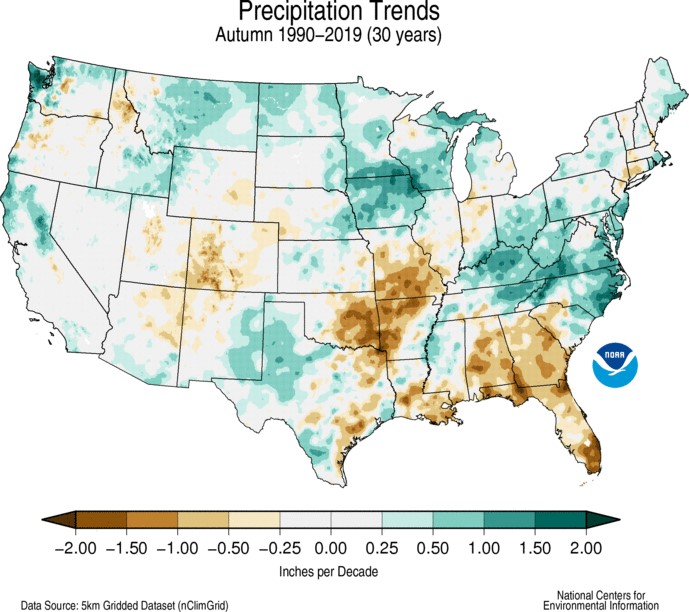
Also, the NOAA chart, below, shows that during the longer period of the past 120 years – which is the larger time period of our modest global warming – precipitation in New England and the U.S. Northeast has increased significantly. The 30-year and 120-year precipitation data show the opposite of what VPR and NHPR claim regarding climate change and drought.
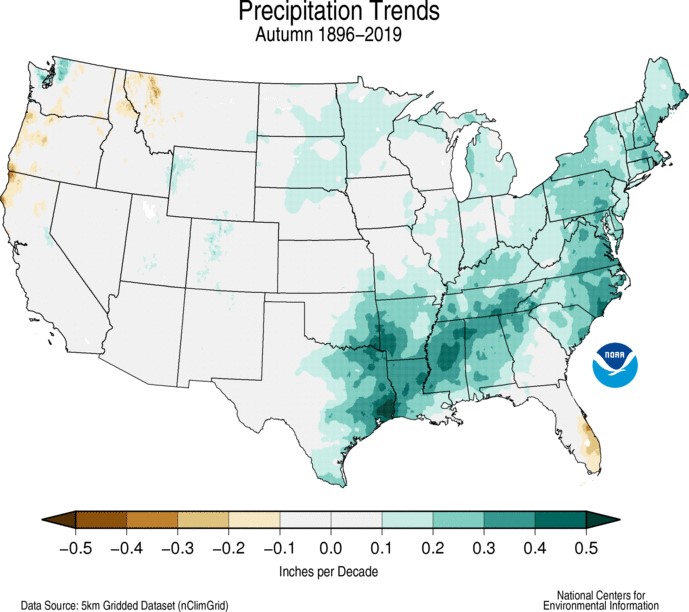
Looking at annual precipitation presents an even more compelling case against the VPR and NHPR speculation. As seen in the NOAA chart below, annual precipitation in New England and the U.S. Northeast has increased during the past 30 years.
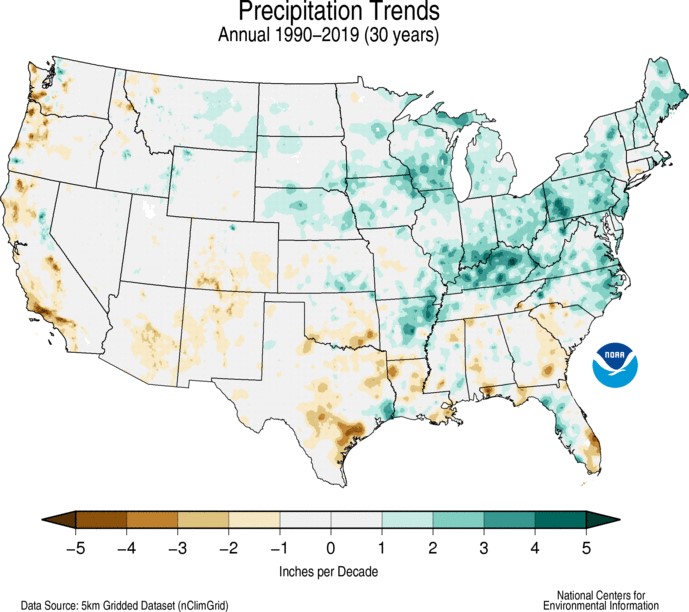
Also, as shown in the NOAA chart, below, annual precipitation has dramatically increased during the past 120 years. In fact, few places in the entire country have experienced a greater increase in precipitation during the past 120 years than Vermont and New Hampshire.
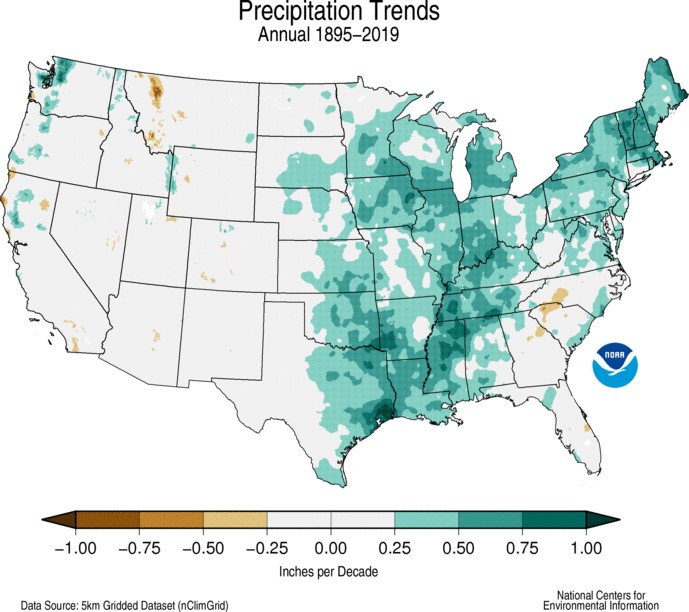
No, global warming will not completely eliminate the drought and forest fires that have always occurred in Northern New England from time to time, but the objective scientific evidence clearly shows Northern New England is enjoying more precipitation and less drought as the Earth modestly warms.
Sorry, Vermont and New Hampshire Public Radio.



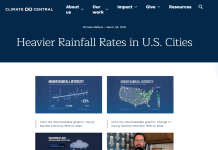
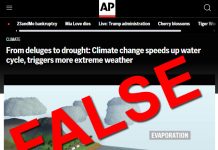




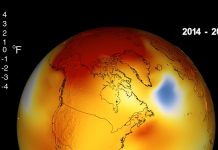


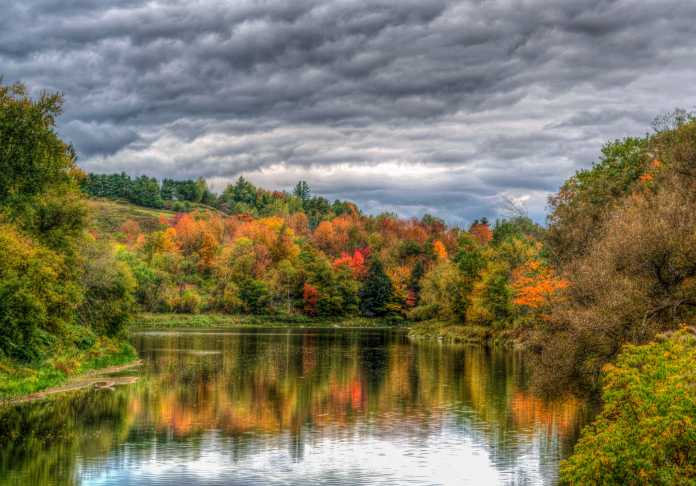




[…] data from the National Oceanic and Atmospheric Administration (NOAA), recently reported on Climate Realism, clearly demonstrate that New England as a whole, and Vermont in particular, has become wetter […]